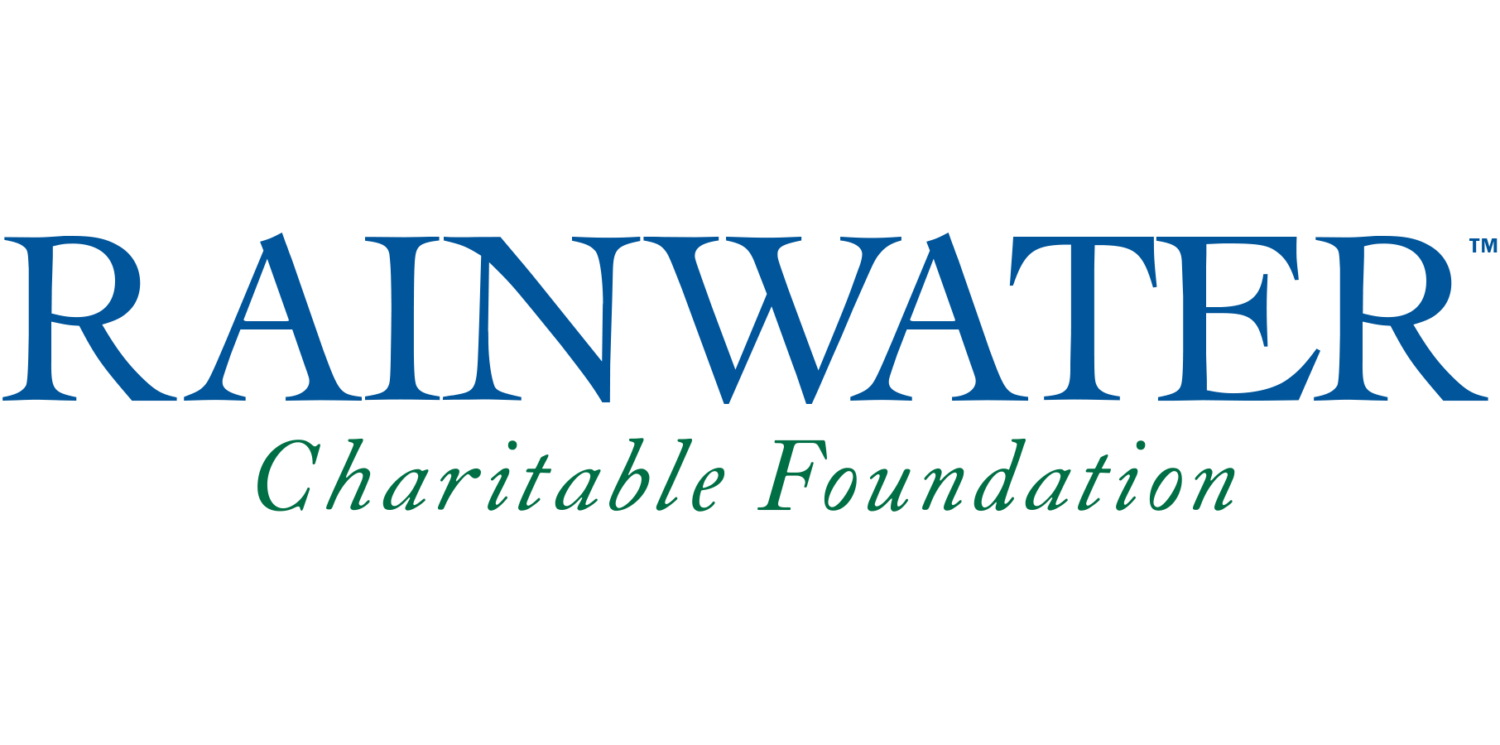The Rainwater Prize Program is the world’s largest prize program for brain research, with $18M to encourage and reward scientific progress toward new treatments – and eventual cures – for neurodegenerative diseases related to the accumulation of tau protein in the brain. Less than one year later, we are proud to announce the Prize Program’s first recipients, Dr. Michel Goedert and Dr. Patrick Hsu.
In part one of our two-part series featuring the Rainwater Prize Program winners, we interviewed Dr. Goedert, recipient of the Rainwater Prize for Outstanding Innovation in Neurodegenerative Research. The award recognizes researchers who have significantly contributed to our understanding of tau-related diseases.
Dr. Michel Goedert, Programme Leader at the Medical Research Council Laboratory of Molecular Biology, first made a name for himself by uncovering the tau protein as an integral component of the paired helical filaments of Alzheimer’s disease and discovering the six tau isoforms that are expressed in the human brain. He has since helped establish the idea that the abnormal assembly of tau protein is central to tauopathies, and along with his colleagues, identified one of the first mutations in MAPT
(the gene that encodes tau) that causes inherited frontotemporal dementia (FTD) in humans.
We sat down with Dr. Goedert to learn about what sparked his interest in neurodegenerative disease (NDD) research, why he believes industry-wide collaboration is more important than ever, and his thoughts on the future of NDD treatments.
The transcript has been edited for length and clarity.
Rainwater Charitable Foundation: What sparked your interest in – and dedication to – the neurodegenerative disease research field?
Dr. Goedert: I was intrigued by the lack of answers in human disease research, specifically in the area of NDD. I studied medicine but was always more interested in research – the field posed immense opportunities to impact people’s lives by examining the underlying elements of disease through neurological pathways or inclusions
Rainwater Charitable Foundation: What does neurodegenerative disease research mean to you? Why is the field significant
Dr. Goedert: If you work on something for a long time, such as a human disease, you begin to realize that simply understanding the disease is not enough: you must find a way to be able to treat it. While we understand certain components of neurodegenerative diseases, our basic understanding should contribute to solving the bigger issue at hand. In this disease space, there is a desperate need for treatments, but that hasn’t happened yet. For me personally, the ability to contribute to the understanding of mechanisms that could eventually lead to treatments is what this is all about.
Rainwater Charitable Foundation: What does the future of neurodegenerative disease research look like?
Dr. Goedert: I think prevention is the way forward, which means identifying people at risk before symptoms actually occur. The rate that pathologies and inclusions develop in neurodegenerative disease varies, making it difficult to anticipate when symptoms will manifest. If you could prevent these things – the spread, or the increase in numbers – then you could prevent the symptoms. But in order to do that you need to first identify those who are at risk through biomarkers. When we will get to that point is hard to tell; it could take an extremely long time, or it could happen quite quickly.
Rainwater Charitable Foundation: Do you have any advice for researchers considering a move into the neurodegenerative disease research space? Why is it important that new scientists and researchers to enter the field?
Dr. Goedert: It is important to draw people into the field to move things forward more rapidly and to gain fresh perspectives. We in the neurodegenerative research community who have done this work for a long time, have our own views. It is refreshing and beneficial to interact and collaborate with individuals whose work builds on those views and sometimes challenges them.
We are excited to honor Dr. Goedert and the Rainwater Prize Program’s other inaugural recipient at the Tau 2020 Global Conference in Washington, DC, from February 12-13, 2020. Tau 2020 is an open-registration conference, welcoming scientists, funders, and all interested in accelerating neurodegenerative research and treatments by fostering collaboration among the scientific community.
For more information on Rainwater Prize Program winners and real-time updates on the Tau 2020 Global Conference, follow the Rainwater Charitable Foundation on Twitter @RCFNeuro.

